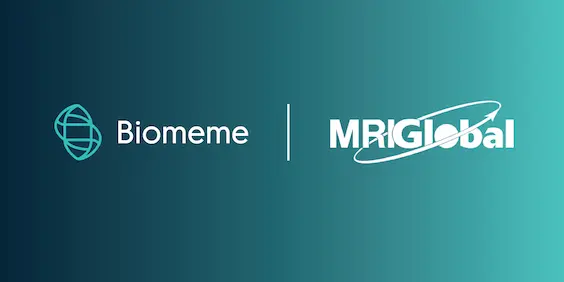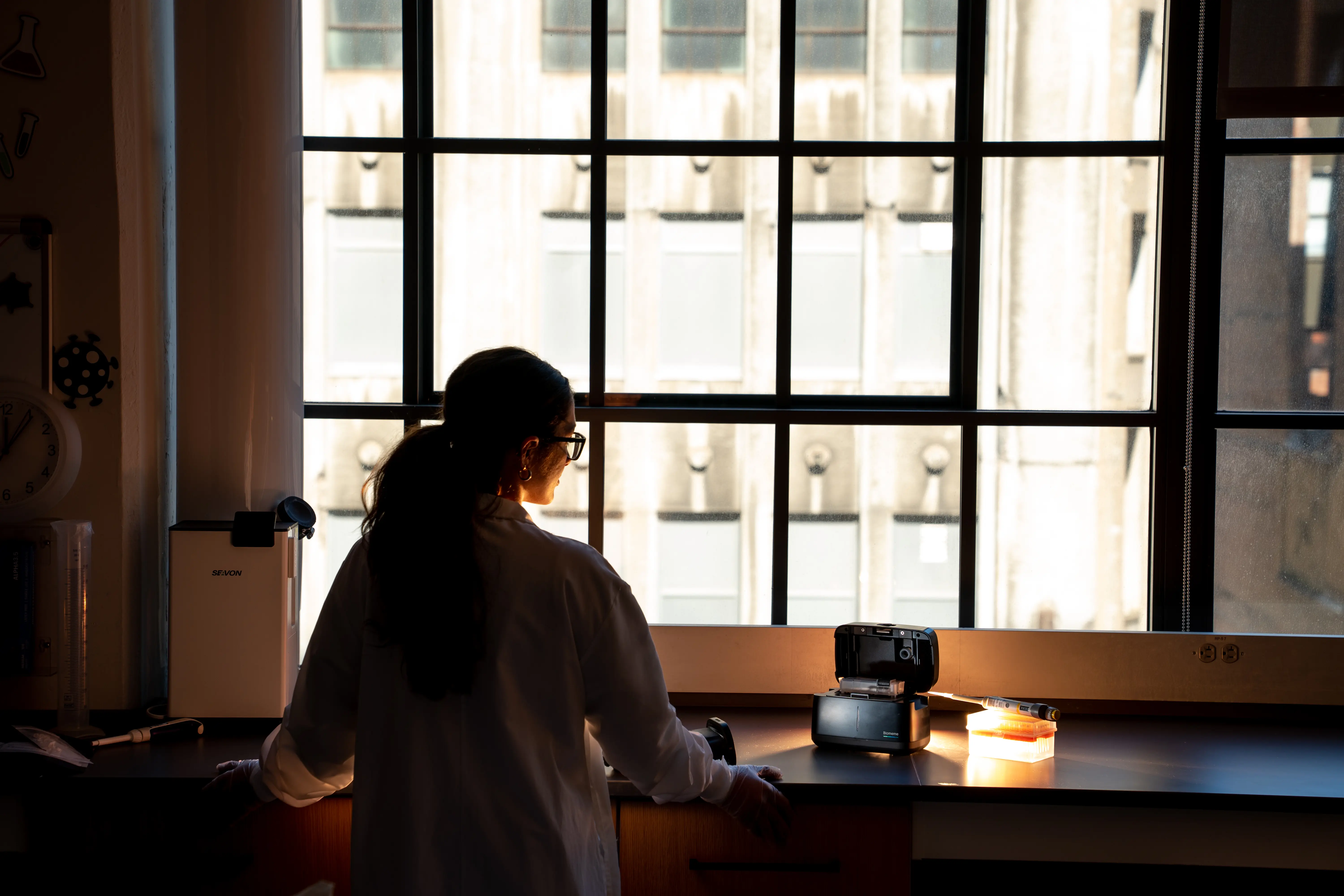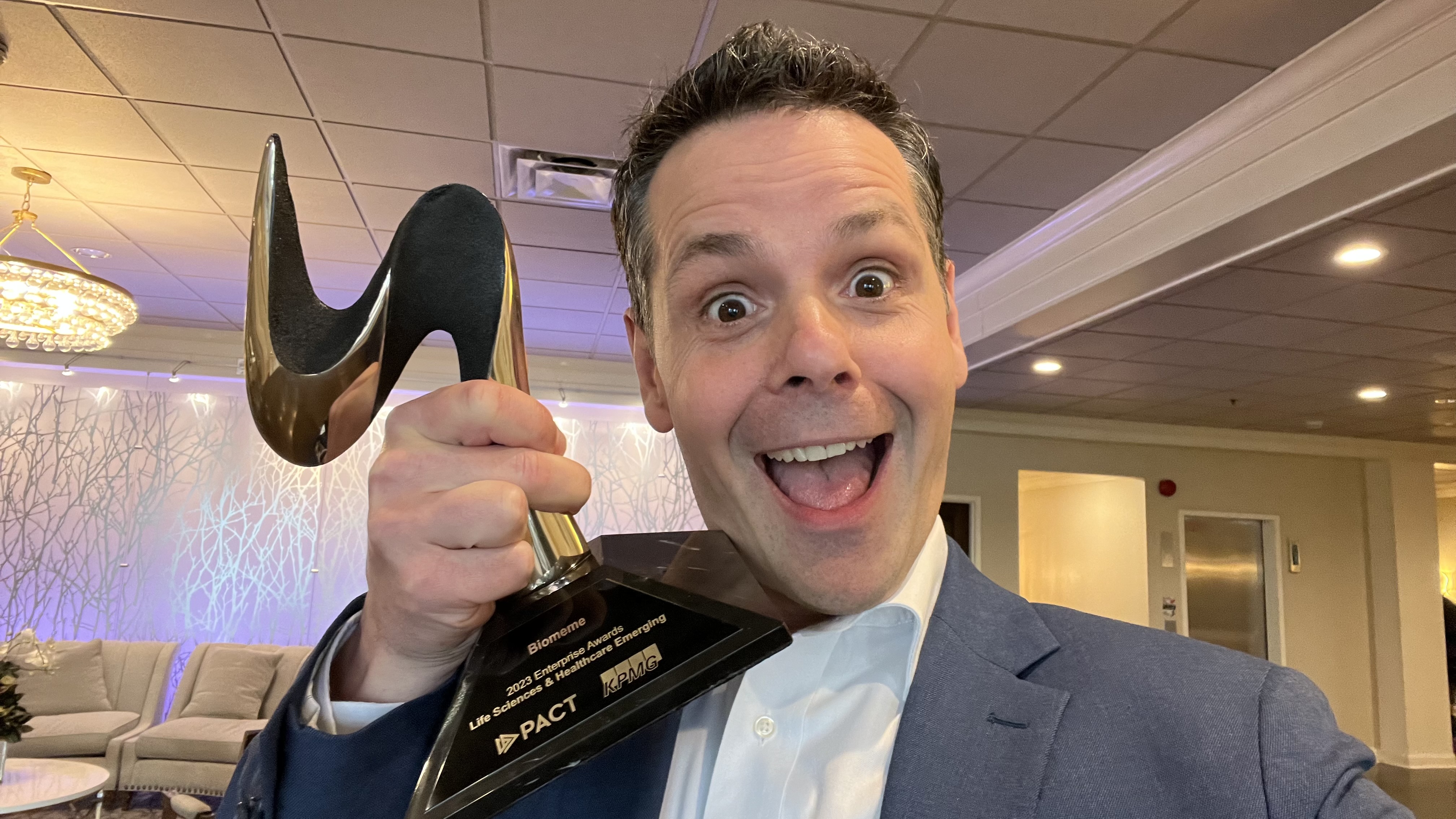
Written By: Biomeme Staff
MRIGlobal improves the health and safety of people everywhere by addressing some of the world’s greatest threats and complex biological, chemical, and engineering challenges. Founded in 1944 as an independent, non-profit organization, MRIGlobal provides customized research and development services to health and defense-focused organizations in need of innovative and multidisciplinary solutions. This includes expertise in clinical research support, infectious disease and biological threat agent detection, global biological engagement, in vitro diagnostics, and laboratory management and operations. To learn more, visit mriglobal.org.
Biomeme® and MRIGlobal have a long history of working together to achieve decentralized lab solutions for providing comprehensive detection, diagnostics, and bio surveillance of emerging infectious diseases in low-resource, high-need locations.
A recent publication pre-print*, Development, testing, and validation of a SARS-CoV-2 multiplex panel for detection of the five major variants of concern on a portable PCR platform, explores the recent collaboration between Biomeme and MRIGlobal on the process of creating a SARS-CoV-2 multiplex variant panel that can be used in almost any setting.
Genetic variants of SARS-CoV-2 have been emerging and circulating around the world throughout the COVID-19 pandemic. All viruses mutate and change, and SARS-CoV-2 is no different. The emergence of variants has created a need for increased genomic surveillance to monitor transmissibility, severity of disease, reduced effectiveness of treatment, and increase of hospitalizations in relation to the SARS-CoV-2 virus.
Based on the study data, these panels could be valuable tools to fill variant testing needs and serve as a screening test to inform selection/prioritization of samples for whole genome sequencing.
There are several distinct advantages to using SARS-CoV-2 variant genotyping assays as a screening tool.
Understanding the underlying variant of a SARS-CoV-2 infection in a timely manner can affect recommended treatments and provide important public health data to researchers. The rapid identification of prevalent variants without having to wait days to weeks for sequence data is an invaluable tool in the global, enduring fight against SARS-CoV-2.
To learn more about Biomeme’s portable Franklin™ PCR Platform and our lyophilized assay manufacturing capabilities, please explore our website or contact us with your inquiry.
This publication has also been featured in GenomeWeb. GenomeWeb is an independent online news organization the serves the global community of scientists, technology professionals, and executives who use and develop the latest advanced tools in molecular biology research and molecular diagnostics. Read the full article on GenomeWeb (Subscription Required.)
*Before formal publication in a scholarly journal, scientific and medical articles are traditionally certified by “peer review.” In this process, the journal’s editors take advice from various experts—called “referees”—who have assessed the paper and may identify weaknesses in its assumptions, methods, and conclusions. Typically, a journal will only publish an article once the editors are satisfied that the authors have addressed referees’ concerns and that the data presented support the conclusions drawn in the paper.
Because this process can be lengthy, authors use the medRxiv service to make their manuscripts available as “preprints” before certification by peer review, allowing other scientists to see, discuss, and comment on the findings immediately
Get the latest tips from Biomeme shipped right to your inbox

When people think about global health, they tend to think about far-flung locales and communities of people different from their own. But the biggest challenges to global health like pandemic...

A lot can change in a decade. We started 10 years ago as a venture among friends and family, each of whom was deeply and personally committed to impacting global health, each in their own way. Since...

As a company, we measure our progress in the diagnostics we develop and deliver and the impact we have on global health. But awards are nice, too. So we were humbled and honored to receive the PACT...
401 North Broad St Suite 222 Philadelphia, PA 19108